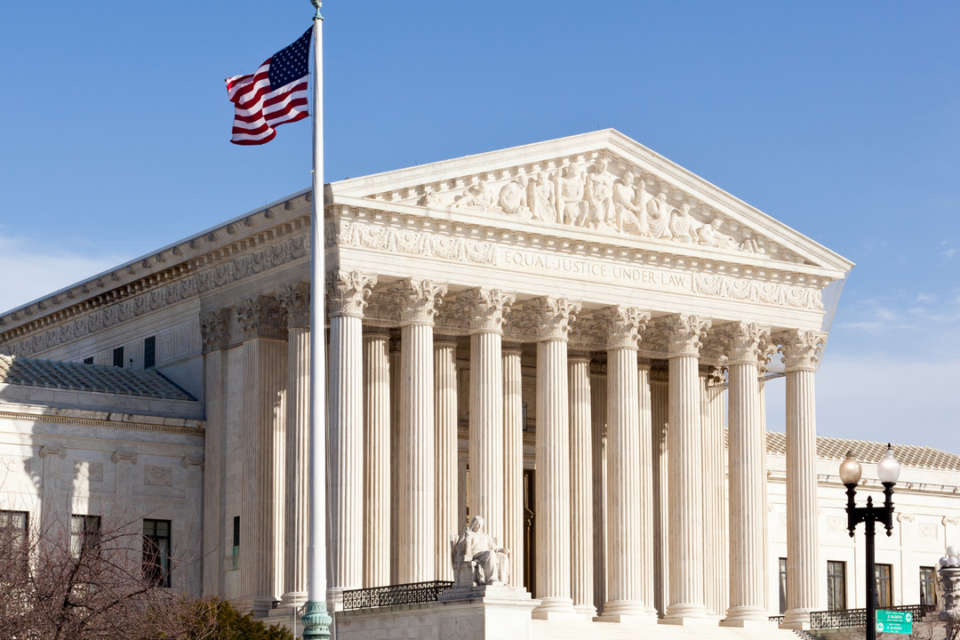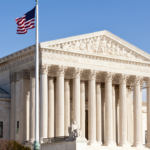Court Rules Trump Overstepped Authority on Trade Tariffs

Last night, a U.S. federal court blocked President Donald Trump’s sweeping global trade tariffs, ruling that he exceeded his authority under the 1977 International Emergency Economic Powers Act (IEEPA).
The Court of International Trade found that the White House had overreached by invoking emergency powers to impose tariffs on nearly every country worldwide. The court emphasized that the U.S. Constitution grants Congress — not the president — exclusive authority to regulate international commerce. That power, it ruled, cannot be overridden by the president’s broader mandate to protect the economy.
This decision came in response to numerous lawsuits from small businesses and a coalition of U.S. states, challenging tariffs placed on countries like China, Mexico, and Canada. The court also rejected a separate set of tariffs tied to concerns over immigration and drug trafficking but did not address tariffs on goods like steel and aluminum, which were enacted under different laws.
The court has given the White House 10 days to start the formal process of ending the tariffs, though some are already paused. The administration has asked the court to delay enforcement while it appeals, and the case could eventually reach the Supreme Court.
Even so, a loss wouldn’t necessarily put an end to all tariffs. The ruling acknowledged that the president can impose tariffs of up to 15% for 150 days to address trade imbalances—an emergency the White House had cited. Trump could also revert to legal tools used during his first term, including statutes related to national security and unfair trade practices. Goldman Sachs said Trump might also turn to an untested part of a 1930 trade law that allows the President to impose tariffs of up to 50% on imports from countries that “discriminate” against the US.
The ruling could influence ongoing trade negotiations and raises important questions about potential refunds for previously paid tariffs. We, along with the U.S. Chamber, are closely monitoring this situation and will continue to keep you informed as it develops.


